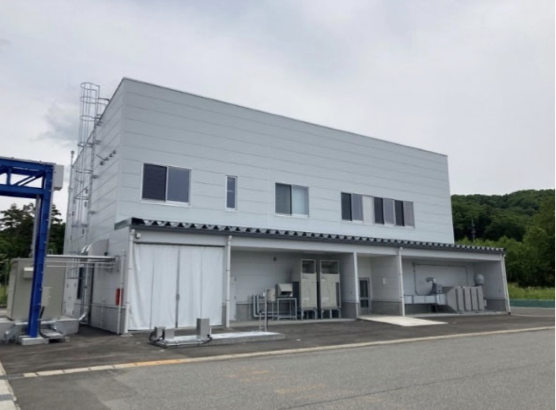https://bio.nikkeibp.co.jp/atcl/news/p1/25/06/25/13457/
https://www.riken.jp/en/news_pubs/research_news/rr/20210806_1/index.html
https://www.zeon.co.jp/en/news/assets/pdf/250609.pdf
Chemical manufacturer Zeon built a new research building at its base in Yonezawa, Yamagata Prefecture. In collaboration with tire manufacturer Yokohama Rubber, the company is developing technology to produce butadiene and isoprene, the raw materials for rubber, from renewable resources. The development is centered around two pillars:
(1) technology to chemically synthesize butadiene from used tires and plant-derived ethanol (in collaboration with the National Institute of Advanced Industrial Science and Technology), and
(2) technology to biosynthesize butadiene and isoprene from plant-derived glucose (in collaboration with the RIKEN and Tokyo University of Science). The company has also been selected for a research project by the New Energy and Industrial Technology Development Organization (NEDO).
The development of technology to produce butadiene has been advanced, and in 2021, with the support of Zeon and Yokohama Rubber, the RIKEN Institute and others published a paper announcing their success in producing butadiene using E. coli with 13 modified genes. Zeon’s Hashimoto and Goto said, “We cannot disclose the details yet, but since the publication of the paper, we have continued to improve E. coli and are also considering using microorganisms other than E. coli.”
According to Hashimoto, to make enough rubber raw materials from butadiene and isoprene made from microorganisms, we will need to produce butadiene and isoprene on a scale of tens of thousands of tons. With an eye toward scaling up, we are currently seeking collaborations with companies that have larger-scale cultivation facilities, such as biofoundries and business companies. We would like to begin joint development with such companies after 2028.

